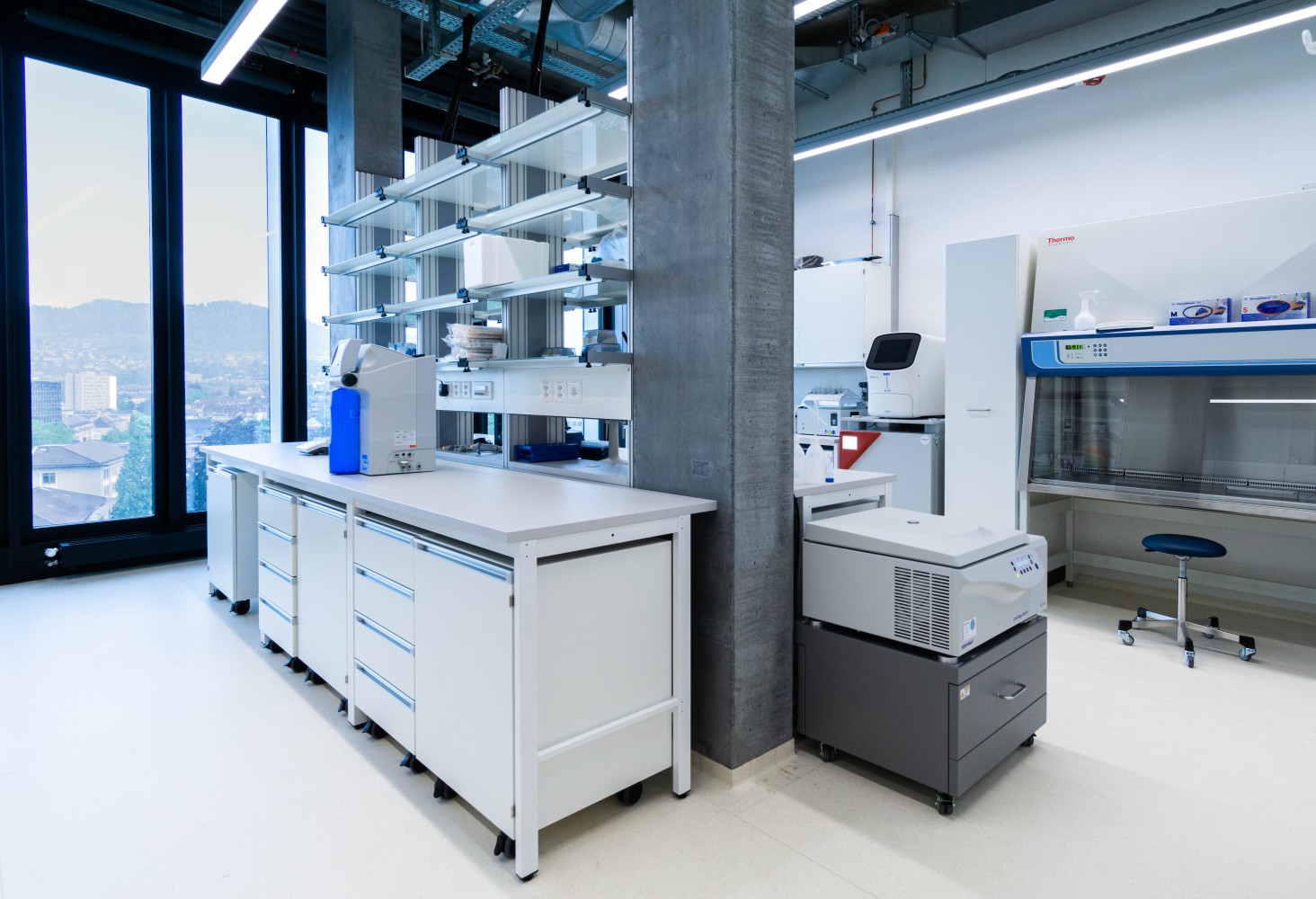Dear Community - We are happy to present to you the next episode of our series “DID YOU KNOW” in which we publish...

DCB Newsletter #3/23: DID YOU KNOW… the risk factors for women’s health in diabetes?
DCB Newsletter #3/23: DID YOU KNOW… the risk factors for women’s health in diabetes?
Dear Community,
We’re thrilled to present you with the next episode of our series “DID YOU KNOW” where we present medical facts around diabetes that you might not know yet. Enjoy the read and thank you Dr. Stefanie Hofer for being our author on International Women’s Day!

1. Cardiovascular mortality
Managing diabetes is a daily struggle but is poses even greater risks and challenges for women. Generally, diabetes roughly doubles the risk for cardiovascular mortality, for women it is even a three-fold risk-increase. They are likely to have earlier heart attacks and are more likely to die from it.1 Due to differences in acute symptoms, women often don’t get the right treatment for severe cardiac events: While men may present with excruciating chest pain, women often display less obvious symptoms like neck- and abdominal pain, insomnia, and shortness of breath.
2. Reproductive health
Women with diabetes also face additional challenges related to their reproductive health. Conditions such as Polycystic Ovary Syndrome (PCOS), hormonal imbalances, impaired fertility, aggravation of menopausal symptoms and urinary tract infections (UTIs) occur all too frequently and can be a significant limitation in daily life.
3. Mental burden
Besides physical problems, the mental burden of diabetes weighs heavy. Stigma around weight and lifestyle in diabetes is highly prevalent and affects women more often than men. In gestational diabetes, women may experience stigma in the form of discrimination from health personnel, guilt and shame. While weight and lifestyle are important risk factors, gestational diabetes also occurs in metabolically healthy women, and these feelings of blame can be a heavy burden during this time.
4. Being criticised
Women also are more likely to feel criticized for their dietary choices and body weight, both in the media and personally. The recommendation to “just move more and eat better “, or questions such as „are you really allowed to eat that?“, can take on special significance in women. The constant preoccupation with food, weighing it, reading labels, rating its nutritional value, and classifying it into “good” and “bad” can be a major contributor to an unhealthy relationship with food. In female adolescents, eating disorders and weight dysphoria are particularly common and even more so in females with type 1 diabetes.
5. Sex disparities
It begins early on: a recent published systematic review showed that girls with T1D have higher BMIs, worse glycemic control, need higher insulin doses, more hospitalisations, and a lower quality of life, compared to their male counterparts.
So, what is needed to improve women’s health care in diabetes? One step is raising awareness and fostering understanding. But more than understanding, women and girls with diabetes need special attention from their physicians to their unique concerns: their physical symptoms, their mental health, and secure access to a tight support-network from various fields of health care.
Thanks so much for reading and we’ll provide you with the next episode of this series soon!
Norhammar A. Diabetes and cardiovascular mortality: the impact of sex. Lancet Diabetes Endocrinol. 2018 Jul;6(7):517-519. doi: 10.1016/S2213-8587(18)30111-6. Epub 2018 May 8. Erratum in: Lancet Diabetes Endocrinol. 2018 Jul;6(7):e6. PMID: 29752193.
Keteepe-Arachi T, Sharma S. Cardiovascular Disease in Women: Understanding Symptoms and Risk Factors. Eur Cardiol. 2017 Aug;12(1):10-13. doi: 10.15420/ecr.2016:32:1. PMID: 30416543; PMCID: PMC6206467.
Davidsen E, Maindal HT, Rod MH, Olesen K, Byrne M, Damm P, Nielsen KK. The stigma associated with gestational diabetes mellitus: A scoping review. EClinicalMedicine. 2022 Aug 11;52:101614. doi: 10.1016/j.eclinm.2022.101614. PMID: 35990581; PMCID: PMC9386490.
Striegel-Moore RH, Rosselli F, Perrin N, DeBar L, Wilson GT, May A, Kraemer HC. Gender difference in the prevalence of eating disorder symptoms. Int J Eat Disord. 2009 Jul;42(5):471-4. doi: 10.1002/eat.20625. PMID: 19107833; PMCID: PMC2696560.
de Vries, Silvia & Verheugt, Carianne & Mul, Dick & Nieuwdorp, Max & Sas, Theo. (2023). Do sex differences in paediatric type 1 diabetes care exist? A systematic review. Diabetologia. 66. 10.1007/s00125-022-05866-4.
This post was previously published in Linkedin. Click here to see the original publication.
More recent news
DCB Newsletter #10/2023: Ending Diabetes Stigma?
DCB Newsletter #9/23: Interview with José García-Tirado
Dear Community - we are thrilled to present you with the next episode of our series “INSIDE DCB” – this time, with an...
DCB Newsletter #8/23: INSIDE DCB – Understanding the Regulatory Landscape
Dear Community, we are happy to provide you with a new episode of our newsletter series called "INSIDE DCB" – this...


DCB Research AG
Freiburgstrasse 3
3010 Bern
Switzerland










